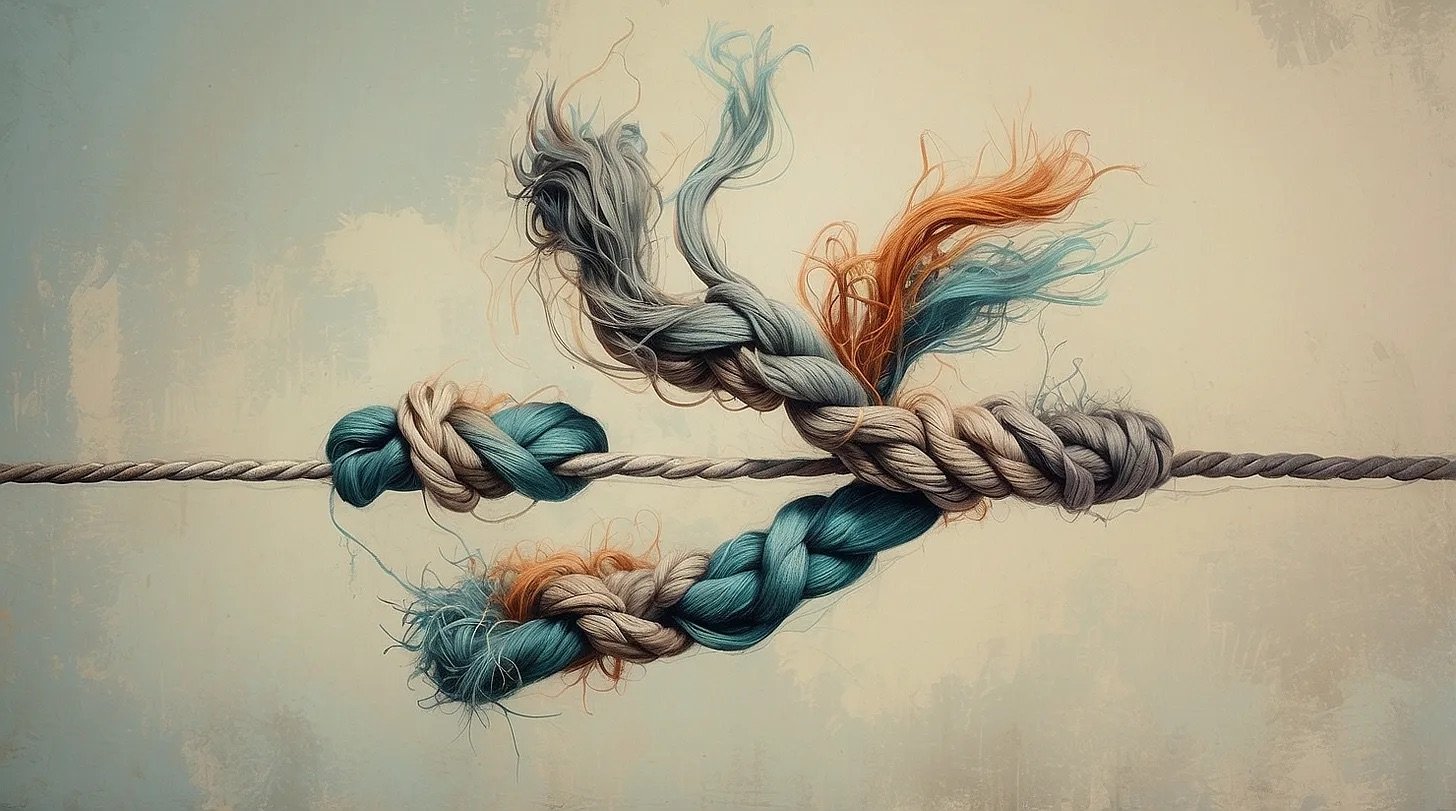The Rooster In Flight - A Substack Article
I Find You There- In Saturday’s Blank Stare
A Metaphor for the Political Landscape in 2025
By: Wynand Johannes de Kock
April 19, 2025 
It is Saturday
Between Friday and Sunday,
between crucifixion and rising,
in this dangerous, trembling middle—
this Saturday of cosmic desperation—
a voice—quiet, marrow-deep—
persists: I am here.
I am folded into the torn flesh of God,
cruciform in a world unraveling,
where tanks grind cities to dust,
where faith becomes an impossible hope,
Where believers mud-caked,
recite half-remembered psalms
in Kyiv's frozen trenches,
words cracking
like the ground
that receives them.
Where a Sudanese mother's empty breast
knows more of God than my theology.
Where refugee children sketch shelters
with colours bright as the blood they've seen.
Where we make battlefields of dinner tables,
families divided by algorithms on their phones
each word a border wall, each search
a weapon.
The gospel fractured into tribal shards
we clutch until our palms bleed with righteousness.
Here too in our manicured gardens of rage,
our sanctuaries of certainty—
where we crucify Christ again
with the nails of our knowing.
The same torn flesh,
the same Saturday silence
stretching between us
like a wound that won't close.
My throat thickens with salt as I write these words,
not because I understand—I do not—
but because for one brief, shimmering moment I glimpse:
the Spirit hovers still over our chaos,
as over ancient waters—
not above, but within this fracturing world,
within the Godhead's own dark Saturday,
the bond of love, the breath,
that holds Father and forsaken Son together
in this desolation, this waiting,
the love that holds all being
a voice—quiet, marrow-deep—
persists: I am here.
This love won't respect our borders,
our certainties, our desperation to know.
It persists in the silence between heartbeats,
in the pause between bombs.
For only in unraveling
do we find
what remains
when everything else
is gone.
I find you
there—in Saturday's
blank stare
——
We are stretched thin—across what, exactly? The abyss of our age, but also the taut, trembling Saturday between what was crucified and what might, impossibly, be resurrected. It is not Friday’s clean, surgical grief, nor Sunday’s fuzzy hope, but that raw, marrow-deep middle where bone grinds bone, and the world holds its breath, waiting for a voice that may never come.
Interested in completing the article? Follow Wynand on Substack